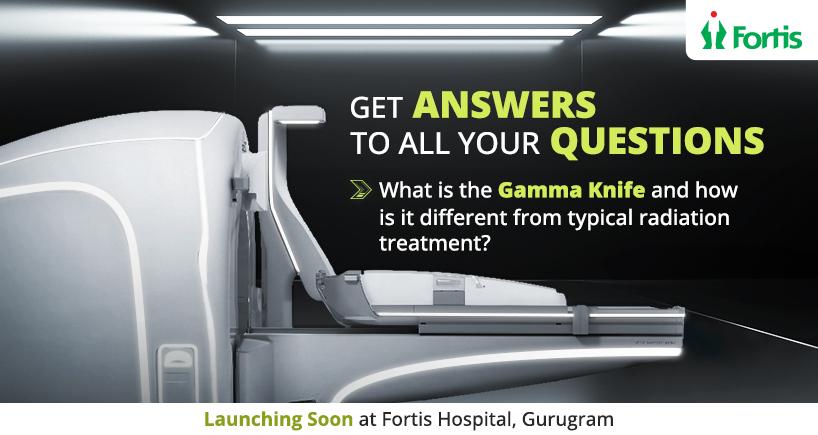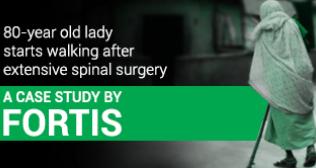
What is the Gamma Knife and how is it different from typical radiation treatment?
Gamma Knife is a non-invasive and highly precise radio surgical treatment used primarily for brain conditions, offering distinct advantages over traditional radiation therapies. Let's delve into what Gamma Knife is and how it differs from typical radiation treatments.
What is a Gamma Knife?
Gamma Knife is a type of radiosurgery that uses highly focused radiation beams to target specific areas within the brain with exceptional precision. Despite its name, Gamma Knife surgery does not involve any actual knives or incisions. Instead, it relies on advanced imaging technology and computer-guided planning to deliver concentrated doses of radiation to the intended target.
The Gamma Knife system consists of multiple intersecting beams of gamma radiation generated from tiny cobalt-60 sources. These beams converge at the precise point where the abnormal tissue or lesion is located, delivering a powerful dose of radiation while sparing surrounding healthy brain tissue.
How is Gamma Knife Different from Typical Radiation Treatment?
- Precision: One of the most significant differences is the level of precision. Gamma Knife surgery offers sub-millimeter accuracy in targeting brain lesions or abnormalities, ensuring that the radiation is delivered precisely to the intended area. This precision minimizes damage to surrounding healthy tissue and vital brain structures, reducing the risk of side effects.
- Non-Invasiveness: Unlike traditional surgery, which involves incisions and tissue manipulation, Gamma Knife surgery is entirely non-invasive. It does not require any cut, leading to faster recovery times, fewer complications, and reduced risk of infection.
- Single Session vs. Multiple Sessions: In most cases, Gamma Knife surgery can be completed in a single session, especially for smaller lesions or tumors. This contrasts with conventional radiation therapy, which may require multiple treatment sessions spread over several weeks and less effective
- Limited Side Effects: The precise targeting of radiation in Gamma Knife surgery helps minimize side effects commonly associated with radiation therapy, such as hair loss, fatigue, skin irritation, and damage to nearby healthy tissues. Patients typically experience fewer side effects and can resume their daily activities immediately
- Treatment of Inoperable Lesions: Gamma Knife surgery is particularly beneficial for treating inoperable or hard-to-reach brain lesions, tumors, or vascular malformations. Its ability to deliver high doses of radiation to specific areas makes it a viable treatment option for conditions that may not be accessible through traditional surgery.
- Customized Treatment Plans: Each Gamma Knife treatment plan is customized based on the patient's unique anatomy, the location of the lesion, and the desired treatment outcome. This personalized approach maximizes treatment efficacy while minimizing risks.
In summary, Gamma Knife surgery represents a state-of-the-art approach to radiosurgery, offering unmatched precision, minimal invasiveness, and reduced side effects compared to traditional radiation treatments. Its ability to deliver targeted therapy with exceptional accuracy has made it a preferred choice for treating various brain conditions, providing patients with effective treatment outcomes and improved quality of life.
Categories
Clear allMeet the doctor

- Neurosurgery | Neurosurgery
-
27 Years
-
2000








}}drupal-data/images/blog-lists.png)









